

This book has been brought to publication by the generous assistance of Marguerite and Gerry Lenfest.
Naval Institute Press
291 Wood Road
Annapolis, MD 21402
1971 by the U.S. Naval Institute, Annapolis, Maryland All rights reserved. No part of this book may be reproduced or utilized in any form or by any means, electronic or mechanical, including photocopying and recording, or by any information storage and retrieval system, without permission in writing from the publisher.
First Bluejacket Books printing, 2000
ISBN 978-1-6125-1199-3
The Library of Congress assigned catalog card number 73-146543 to the hardcover edition of this book.


China, the oldest nation on the globe, a society that has endured for over four millennia, has been chronicled, analyzed, and dissected in a thousand volumes in a thousand ways.
Nevertheless, the China story has never been told completely, and accounts of the Chinese character and Chinese behavior earn and enjoy readership in whatever form they appear.
The practical reason is that the wisdom of ancient China  kuei-ch, literally old customhas never changed, and the ways Chinese people think and act are fascinating to the western world.
kuei-ch, literally old customhas never changed, and the ways Chinese people think and act are fascinating to the western world.
The Yangtze River has, for two thousand years, been simultaneously the spine and the central nervous system of the Chinese society. An understanding of how this 3,500-mile artery fits into the events of even two hundred brief years is a picture of China in microcosm, and a precious lesson in Chinese history. The Yangtze scene, as Admiral Tolley says, is timelessthe same today as it was in the time of Christ.
It is not odd that this great river should have served as the main stage for modern western adventure in China. The story of gunboat diplomacy on the rolling Yangtze is a portrait of the growth of colonialism in its simplest and most understandable form, as well as the interaction, conflict, and cupidity of the Western powers as they participated in the death throes of a three-hundred-year Manchu dynasty and the emergence of the Republic of China.
But all of this is essentially historical dividend. The realand wholly uniquecharacter of this volume is in its painstaking portrayal of the life of unfettered and high-hearted westerners in the most improbable and exotic frontier this world has ever seen.
Entertaining anecdotal writings of American adventures in China from the Civil War to World War II abound, but nowhere has there been a definitive history of our impact on the opening of the Yangtze River as seen severally through the eyes of the captain of a wood-burning gunboat, an expatriate American, a merchant sailor, a sloe-eyed Russian night club hostess, the bamboo remittance man, or the officer of the deck of the Panay under Japanese air attack.
It is all here in this wholly unique volume. A trip up the Yangtze rapids, a battle with bandits at Kiukiang, a pirate attack off Wuhu, a night on the town at Joe Farrens or Shanghais Cercle Sportif Franaisall will bring the reader a sense of having been there.
As one who was blessed with exposure to the Chinese life for a few precious years, I sense the care with which the account is put together. It is history, but it is history with an incomparable flair.
And it is all presented with indefatigable attention to factual and technical detail on the one hand and exquisite attention to humor on the other. To old China Hands and neophytes alike, the volume must provide an unforgettable experience.


Victor H. Krulak
Lieutenant General
U.S. Marine Corps, Retired
The Yangtze Patrol was a unique offshoot of the old U.S. Asiatic Fleet, itself a last remnant of those American squadrons which a century ago roamed the worlds oceans under sail and steam. During its active life on Chinas greatest waterway, the Patrol carried out the longest single uninterrupted military operation in U.S. history, enduring without significant break for only twelve years short of a century.
Little is generally known of the adventures of the Americans who sailed merchantmen and warships on the turbulent Yangtze. Even less, perhaps, is known of YangPats colorful history and exotic background. The gunboaters and Old River Rats who made up the Yangtze Patrol enjoyed a life such as the U.S. Navy will never know again. Here, along with the history, are the memories of one such Old River Rat, and the many anecdotes related by others who once served under the command of ComYangPat.


Kemp Tolley
Rear Admiral, U.S. Navy, Retired
Monkton, Maryland
Acknowledgments
Three factors have combined to make possible this first comprehensive coverage of U.S. naval penetration of Chinas great Yangtze River: the outstanding cooperation and expertise of Mr. Harry Schwartz of the National Archives in locating material; the generous offers by hundreds of individuals of old documents, diaries, journals, letters, clippings, and photographs; my own good fortune in having been able to serve in five river gunboats for a total of more than four years.
Of the many contributors, I am particularly grateful to Vice Admiral T. G. W. Settle for his encouragement and loan of documents, to Rear Admiral Roger E. Nelson for his delightful tales of Elcano, to Chief Commissary Steward Frank A. Brandenstein for his amusing anecdotes and donation of very useful books, and to Rear Admiral Stanley Haight and Rear Admiral Scott Umsted for their lengthy contributions on the upper river. Captain J. W. Morcott supplied the story of the Baker kidnapping and a number of other choice items. Colonel Adolph B. Miller put me onto excellent material covering the 1911 Revolution. Mr. Henry Barton, formerly of Standard Oil, was most helpful in the coverage of Changsha. Commander Andrew McIntyre let me use his fathers diary for the 1927 Times of Trouble, followed by the Nanking Incident, my story derived from the voluminous papers of Commander Roy C. Smith, Jr., lent by his son, Captain Roy C. Smith III. Captain R. A. Dawes, USNA class of 1904, and Commander J. M. Doyle, 1909, furnished stories of the old Navy. Rear Admiral B. O. Wells and Lieutenant Commander H. M. Kieffer sent stories of much interest. Captain Philip Osborn furnished information on the last days of Hankow, and from Captain David Nashs diary came the story of the end of the Patrols last ships. There are many, many others who were kind and helpful and their identity will be apparent as their contributions appear in the text.
Next page

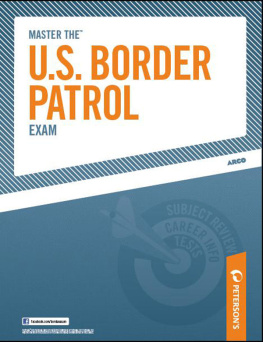


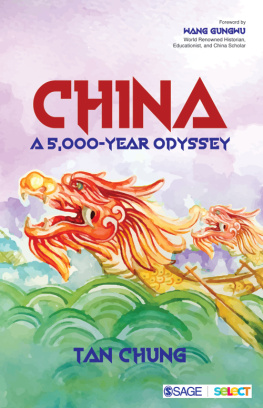
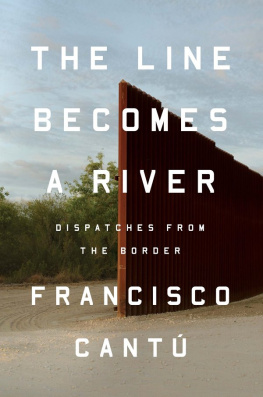
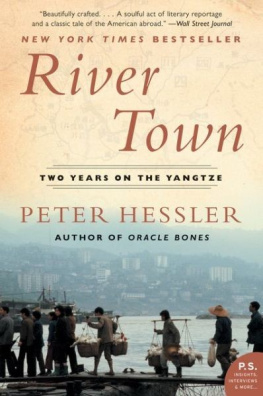
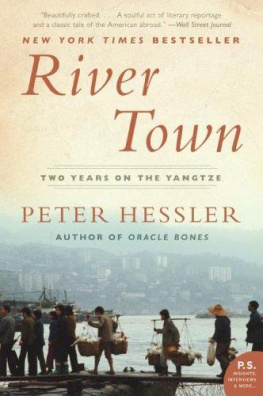
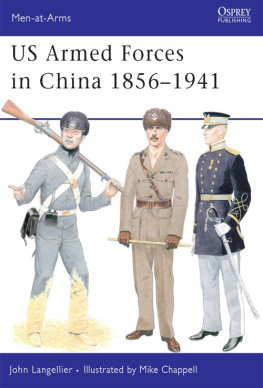
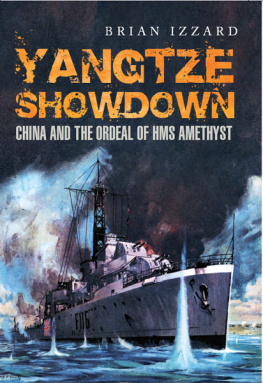
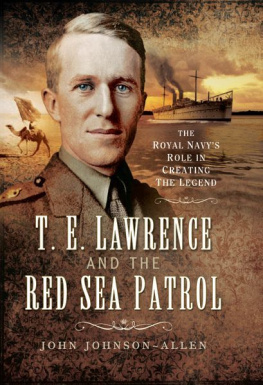


 kuei-ch, literally old customhas never changed, and the ways Chinese people think and act are fascinating to the western world.
kuei-ch, literally old customhas never changed, and the ways Chinese people think and act are fascinating to the western world.
